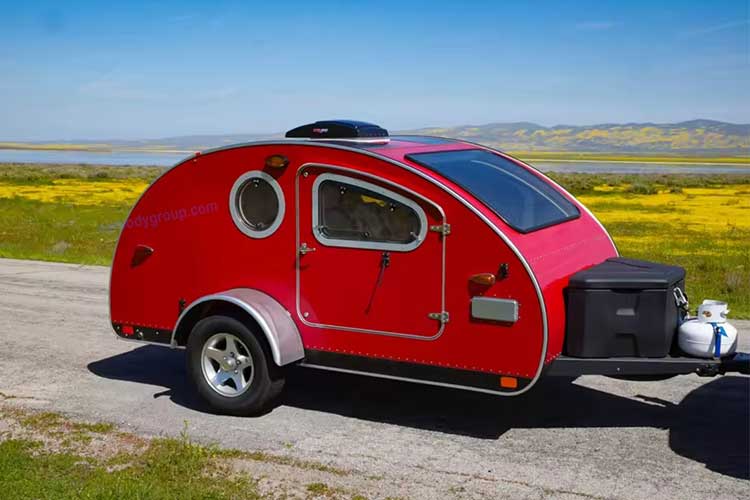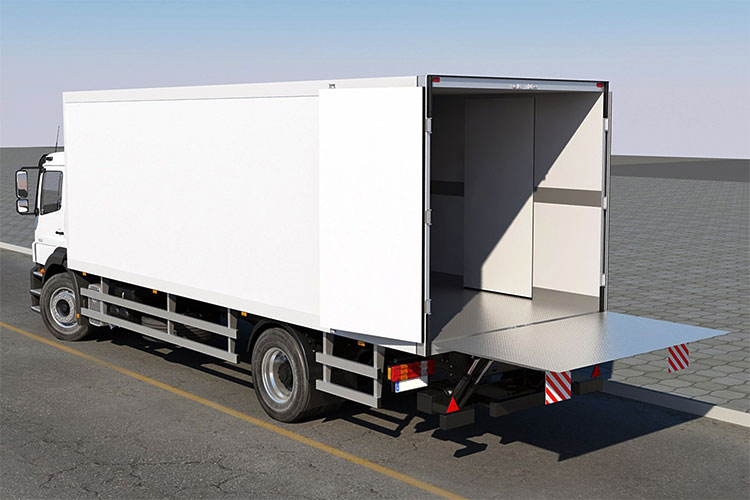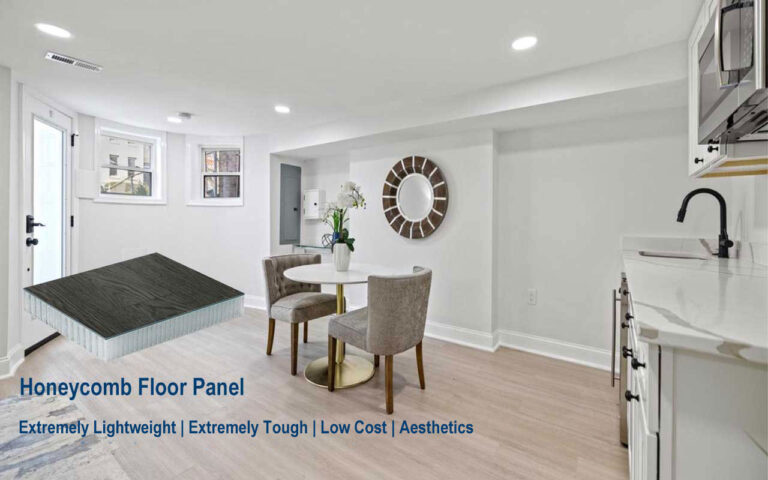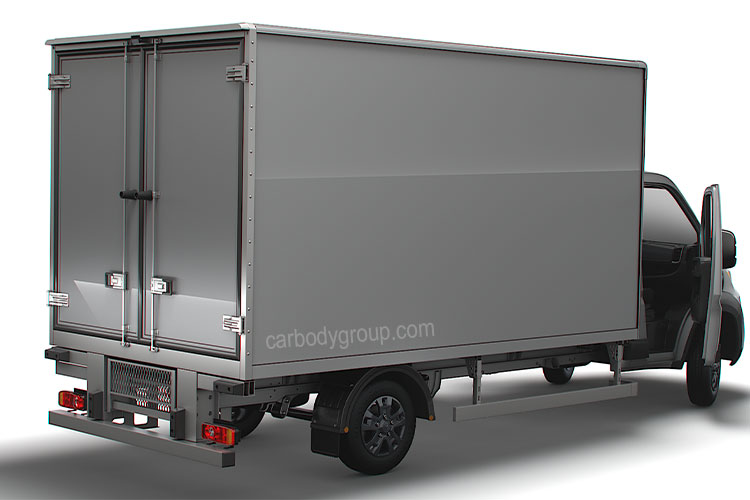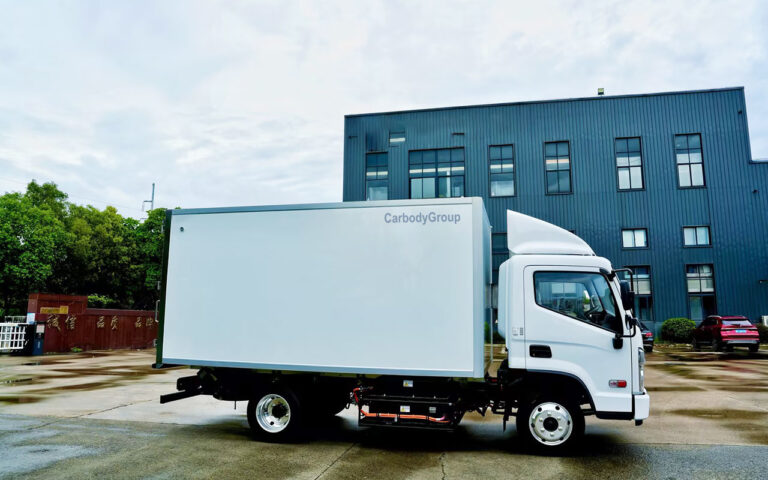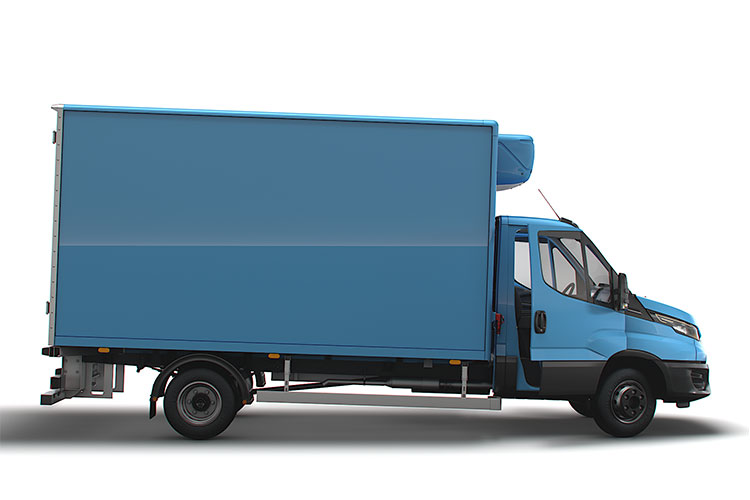Guide to Selecting Camper Exterior Siding Materials
If you’re looking for a reliable custom camper manufacturer, you’ve probably started to learn more about RV structural design and the various RV material options available. With the RV market becoming increasingly diverse, when choosing a caravan, RV trailer, teardrop or campervan, you may have one question: What exactly is RV siding made of? Among the many options, which materials are best for your needs?
Consumers are faced with a variety of choices when selecting wall panel materials: glass grain aluminum, smooth aluminum, fiberglass XPS foam sandwich panels, fiberglass PU foam sandwich panels, and fiberglass honeycomb sandwich panels.
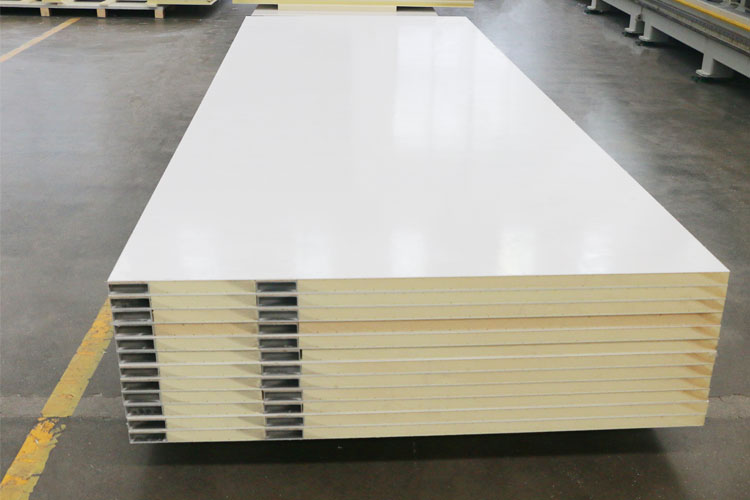
Choosing the right RV exterior siding material is a key step in improving the performance and comfort of your RV. Whether it is to increase thermal insulation performance, reduce vehicle weight, or improve appearance aesthetics, the choice of siding material is very important. This guide will help you understand the pros and cons of various RV materials so that you can make the right choice for your RV.
Basic Requirements for RV Side Panels
Here are the factors you should consider when choosing your RV exterior siding material.
Lightweight & High Strength
Lightweight and strong RV siding materials can reduce weight and improve fuel efficiency, such as aluminum alloys and fiberglass composites, and lightweight materials can also improve an RV’s load-carrying capacity.
Thermal and Insulation Properties
When camping, you need a comfortable interior temperature. Good insulation not only keeps the RV warm in the cold winter months, but also reduces air conditioning usage in the hot summer months. Choosing high-quality insulation materials (e.g. Carbodygroup Glass Fiber XPS/PU Foam Sandwich Panels, Glass Fiber Honeycomb Panels) can effectively reduce interior temperature fluctuations, condensation and save energy.
Durability and Maintenance
Campervans are often exposed to harsh outdoor environments, so it’s important that exterior materials are durable and easy to maintain. Materials that are resistant to moisture, corrosion, UV rays, abrasion and easy to clean will extend the life of your RV.
Eco-Friendly
Many modern materials are manufactured with a view to reducing their carbon footprint and using renewable resources, and Carbodygroup’s fiberglass PU/XPS/honeycomb sandwich panels, developed in response to the RV trend, have no toxic emissions during production and are fully recyclable.
Beautiful and Personalized
An RV is not only a functional space, but also a mobile and cozy home. Choosing customizable and aesthetically pleasing exterior materials can enhance the aesthetic and personalized style of your RV. Personalization can also increase the market value of an RV.
What Are the Siding Materials for RVs?
After learning about the factors that go into choosing side panels for your RV, let’s take a look at what siding materials are available .
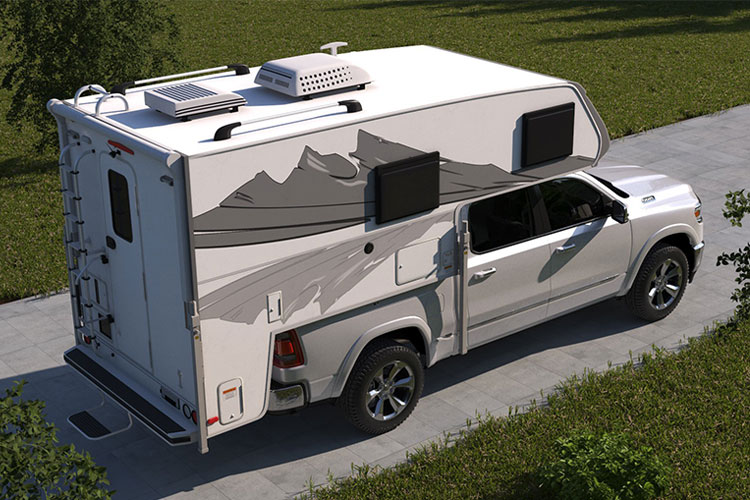
Aluminum XPS/PU/PVC Foam Composite Wall Panel
Aluminum is a widely used material for RV exteriors. It has the advantages of lightweight, durability, high strength-to-weight ratio, easy to clean, easy to maintain and easy to work with. However, it has some drawbacks, such as high thermal conductivity of aluminum skins, easy to dent, and weaker insulation performance compared to fiberglass foam composite panels.
Laminated Glass Fiber XPS/PU Foam Composite Sandwich Panel
Laminated Continuous Fiberglass XPS/PU Foam Sandwich Panels are a new type of composite material that provides excellent thermal insulation.
- EXCELLENT INSULATION: The foam core provides excellent thermal resistance, which reduces heat convection, heat radiation, and heat conduction when camping in extreme weather, and effectively insulates against external hot and cold air.
- EXCELLENT WEATHER RESISTANCE: the outer gel coat FRP (Glass fiber reinforced plastic) can resist ultraviolet rays, moisture, impact, chemical corrosion, and has the advantages of ultra-lightweight, ultra-tough, not easy to crack, not bulging, easy to clean, easy to maintain, electrical insulation, and antibacterial.
Our factories have high efficiency, high precision one-piece glass fiber foam laminate panel production lines and high frequency, high precision CNC cutting machines, which can satisfy the mass production of high performance laminated glass fiber panels and significantly reduce manufacturing costs.
Fiberglass (FRP) PP Honeycomb Panel
Fiberglass honeycomb panels have two FRP outer layers, or a thermoset FRP skin and a thermoplastic continuous fiberglass skin. In the center there is a round or hexagonal PP honeycomb core.
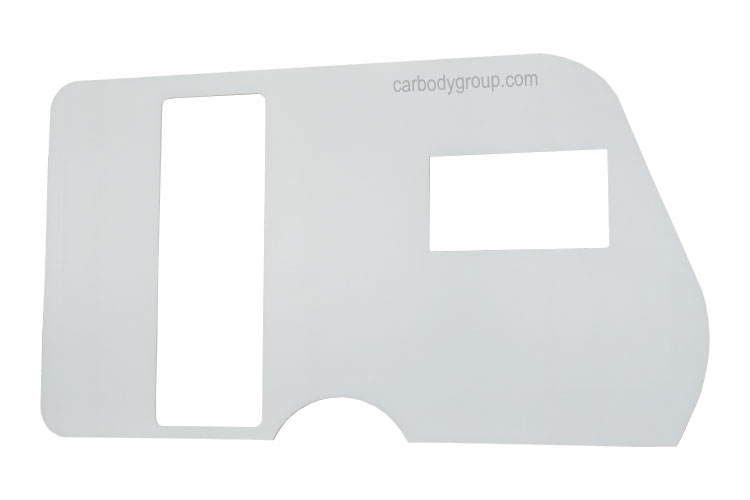
- Ultra-lightweight: The ultra-low density of the honeycomb can significantly reduce the weight of the whole vehicle.
- Ultra-tough: Honeycomb structure provides excellent mechanical properties, resistance to bending, good elasticity and can withstand large external pressure.
How to Choose the Best Materials for Your RV?
RV siding materials: best for camper exteriors
If you plan to camp in cold areas, choose a good insulating material such as fiberglass PU foam sandwich panels, the PU material provides the best insulation. For warmer areas it is more cost-effective to use fiberglass XPS panels, while for tropical areas fiberglass honeycomb panels are recommended. Although composites are more expensive, their long-term energy savings, long life, maintenance and replacement costs will offset the high initial cost.
Why Choose Carbodygroup RV Material Manufacturers?
Carbodygroup is the world’s top manufacturer of RV floors, side panels, and roof panels, offering a wide range of custom camper manufacturing, design, and new material development. We have the world’s most advanced automated manufacturing plant to provide the most innovative materials and body designs to RV manufacturers, middlemen, and DIY enthusiasts around the world.
We are a global leader in RV quality and production capacity, and we are committed to producing high quality fiberglass XPS foam sandwich panels, fiberglass PU foam sandwich panels, and fiberglass honeycomb sandwich panels for caravans, pickup campers, teardrops, class C motorhomes, off-roaders, expedition vehicles, and other personalized designs.
Consult an RV Expert for Advice
If you have concerns about your material choices, consult with one of our RV design engineers or materials engineers.
Our experts can help you choose the best RV body material solution within your budget. Whether you want standard or custom camper materials, we can provide you with state-of-the-art, industry-leading composites that combine ultra-lightweight, ultra-durable, ultra-tough performance with superior resistance to moisture, corrosion, fire, aging, fading, UV, and bacteria.

